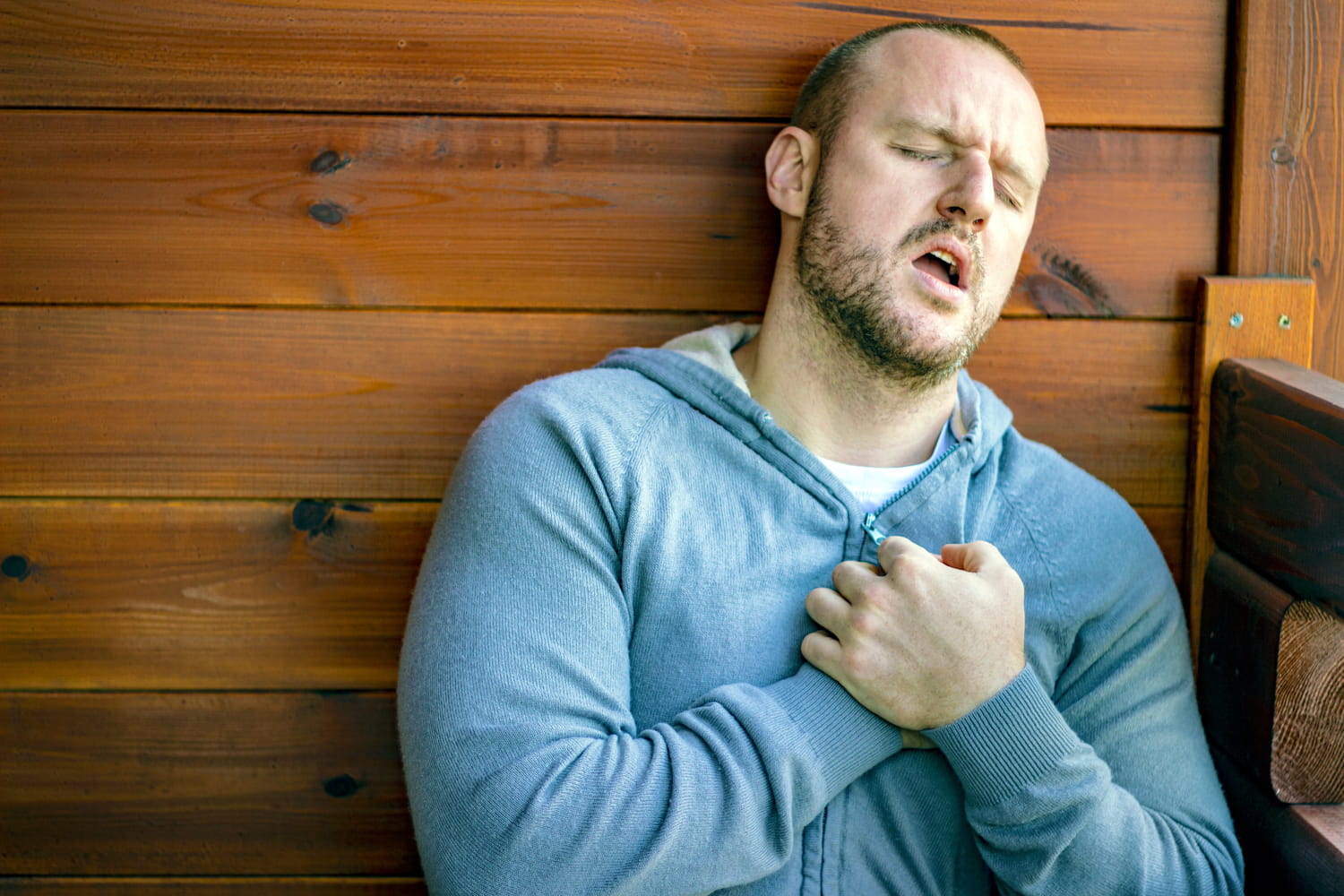Adolescent depression is not inevitable. We all have a role to play to allow young people to feel better about themselves. But we notice strong inequalities depending on the country.
Adolescence is not a long, quiet river. In addition to hormonal upheavals and body changes, teens face many challenges. They have a great desire for freedom, but often still keep a foothold in childhood. And the current economic and social context further complicates the situation. UNICEF Innocenti, the World Center for Research and Prospective of UNICEF, regularly performs children in the well-being of children in favored countries. His latest report CARD, published in May 2025, shows significant imbalances between countries. And its classification surprises.
The report shows that in a large majority of the countries evaluated, the proportion of children with high satisfaction in life has decreased between 2018 and 2022. A particularly significant drop in Chile, Mexico, Poland and Turkey. The only country to be able to pride itself on an increase in satisfaction: Japan! But then, where are teens the happiest and least happy? According to UNICEF, and taking into account physical, moral well-being and capacities, it is in the Netherlands that young people’s well-being is the most important. Although eleventh in the classification of mental health, France arrives in 3ᵉ position in the general classification, just behind Denmark.
More surprisingly, the United Kingdom is at the bottom of the ranking (ranked 21 out of 36) in terms of children’s well-being compared to other high-income countries. And British adolescents are even before penalty in terms of satisfaction in life, tied with Chile, followed by Turkey, which occupies the last place. Many countries have made the mental health of young people a major cause, but the path is still long.
But what are the factors that have an impact on the happiness and satisfaction of children and adolescents? The first concerns activities, that is to say the way children spend their time and what they do on a daily basis. We can also cite relationships with family and friends as a fundamental aspect of children’s subjective well-being, the lack of exchanges with parents has a deleterious impact on teens, as well as security in school and in the neighborhood in which they live. In addition, intensive use of social networks is associated with less life satisfaction and harassment at school obviously plays an important role. But we must not neglect the societal context. Thus, the study shows the strong repercussions of the covid-19 pandemic on the well-being of teens, as well as armed conflicts and global warming.







